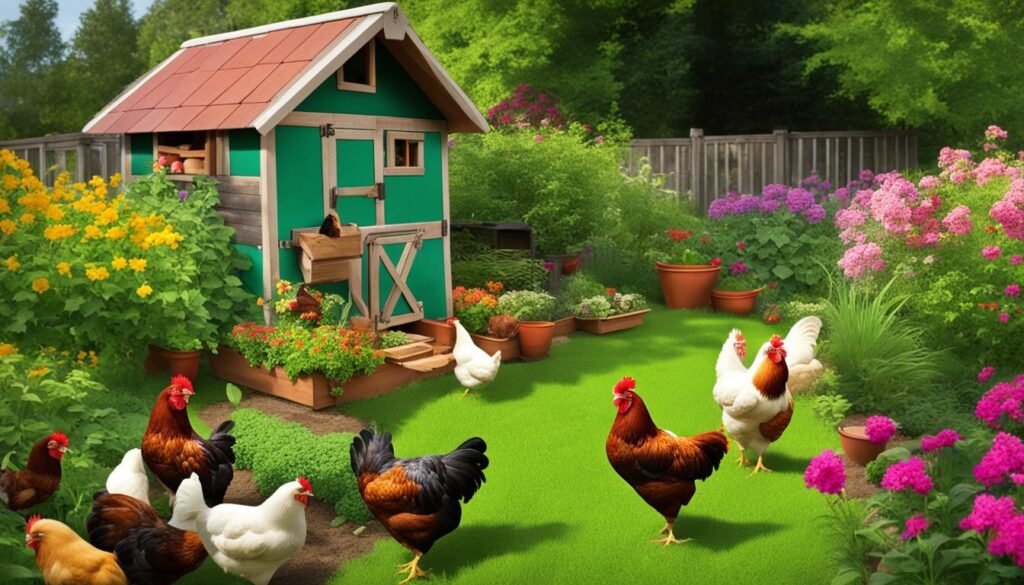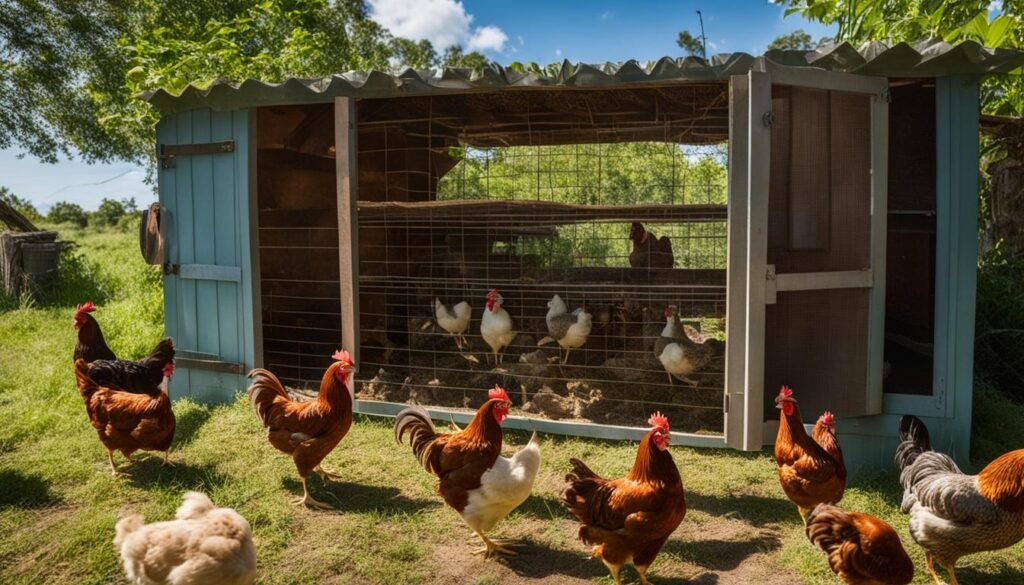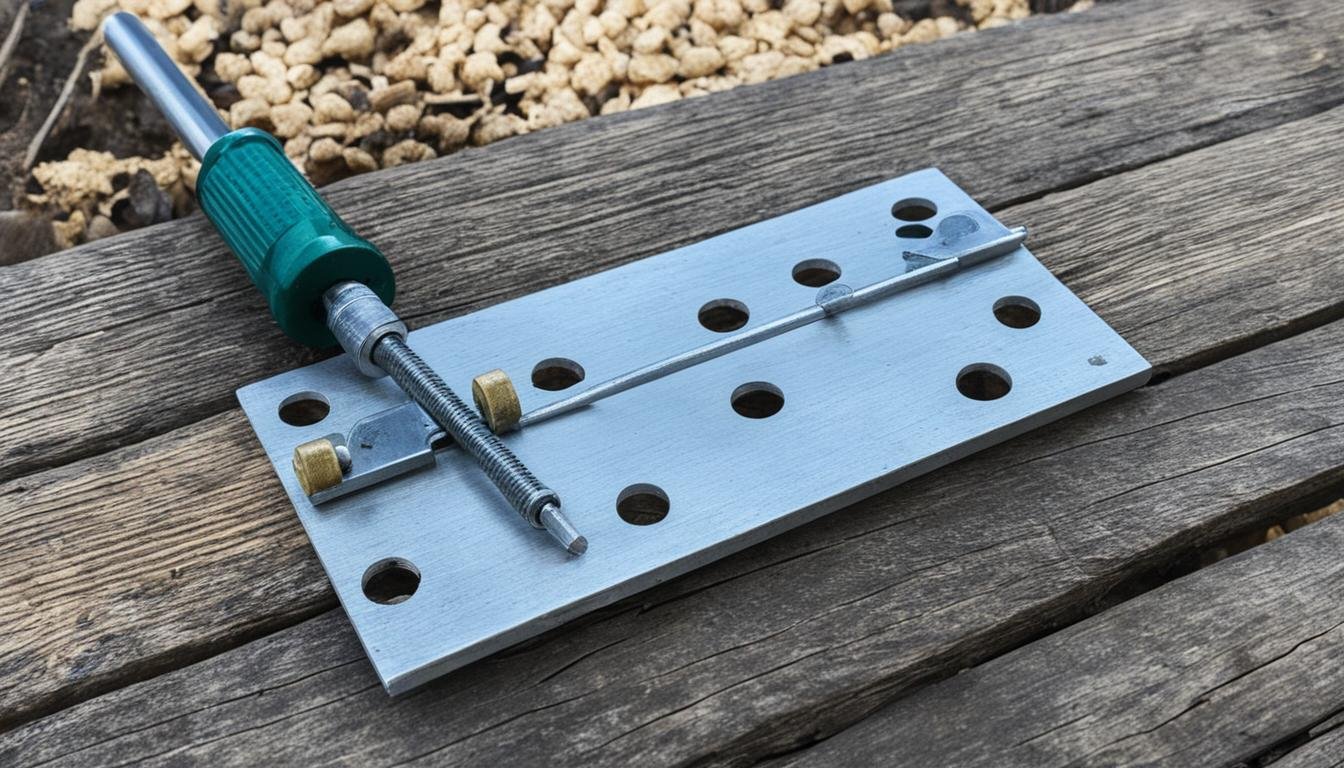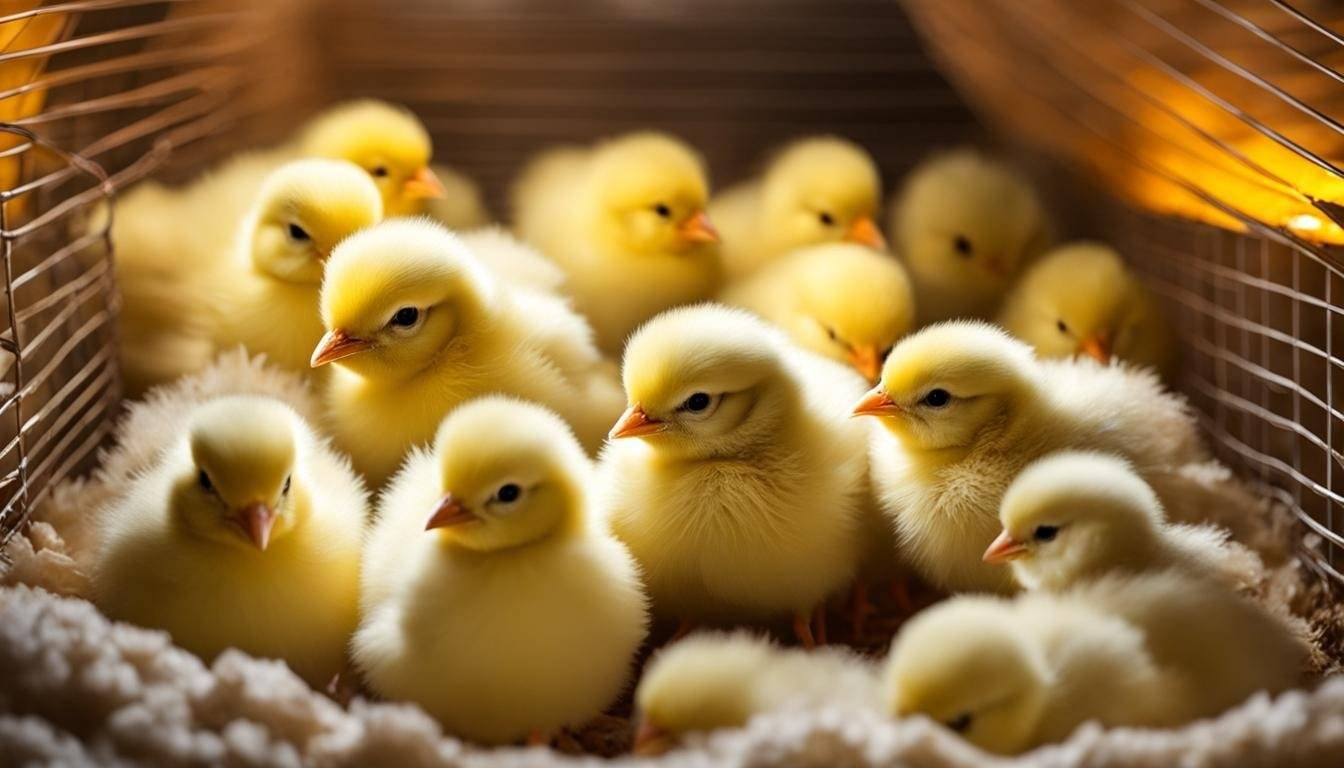A chicken coop is more than just a structure for housing chickens. It is an essential component for anyone interested in raising their own flock. So, what is a chicken coop? Simply put, a chicken coop is a specialized shelter designed to provide a safe and secure environment for chickens.
Chicken coops serve as a sanctuary for chickens, protecting them from predators and harsh weather conditions. They provide a comfortable space for chickens to roost, lay eggs, and rest. Understanding the essentials of a chicken coop is crucial for ensuring the health and well-being of your backyard flock.
In this article, we will explore the different types and designs of chicken coops, discuss the necessary size and space requirements, highlight the benefits of having a chicken coop, and emphasize the importance of regular maintenance.
Whether you are a beginner or an experienced chicken owner, this article will provide you with all the information you need to create a safe and comfortable home for your chickens. Let’s dive in!
Chicken Coop Types and Design
When it comes to chicken coops, there is a wide variety of types and designs to choose from. The selection depends on factors such as the size of your flock, the available space in your backyard, and your personal preferences. Here, we’ll explore some common chicken coop types and discuss key design considerations.
A-Frame Coops
A-frame coops are named for their distinctive shape, resembling the letter “A”. These coops are popular due to their simplicity and versatility. They are relatively easy to construct or purchase and provide sufficient space for a small to medium-sized flock. A-frame coops often feature a sloping roof for rainwater drainage and can be mova with chicken wire or other lightweight materials to protect the chickens while allowing them to forage.
Barn-Style Coops
Barn-style coops are a classic and charming option for backyard chicken enthusiasts. These coops offer spacious, barn-like structures with ample headroom for chickens to move around comfortably. They usually feature a gable roof, providing excellent ventilation and natural light. Barn-style coops can accommodate larger flocks and provide easy access to nest boxes, roosts, and feeding areas.
Chicken Tractors
Chicken tractors are portable coops that allow you to move your chickens around different areas of your backyard. They are built on wheels or skids and provide a safe and enclosed space for your chickens to explore and forage while protecting them from predators. Chicken tractors are ideal for those who want their chickens to have access to fresh grass and insects while maintaining control over their grazing patterns.
When designing or selecting a chicken coop, there are a few key factors to consider:
- Ventilation: Ensure that the coop has adequate ventilation to maintain good air quality for the chickens.
- Nest Boxes: Provide enough nest boxes for your flock to lay eggs comfortably, with easy access for egg collection.
- Roosts: Include roosting bars or perches for the chickens to rest and sleep on at night.
- Safe and Secure Construction: Use sturdy materials and secure the coop properly to protect your flock from predators.
If you’re not confident in designing your own chicken coop, there are plenty of chicken coop plans and resources available online to guide you. These plans can help you create a functional and attractive coop that suits your specific needs and preferences.
Having a well-designed chicken coop is key to providing a safe and comfortable home for your feathered friends. In the next section, we’ll explore the importance of chicken coop size and space requirements, ensuring your chickens have plenty of room to thrive.
Chicken Coop Size and Space Requirements
Providing enough space for your chickens is crucial for their health and well-being. The recommended minimum space requirement for a chicken coop is 4 square feet per bird. However, it is always better to provide more space if possible. When calculating the size of your coop, consider not only the floor space but also the space needed for nest boxes, roosts, and other features. Adequate space allows chickens to move around freely, helps prevent overcrowding, reduces stress, and promotes healthier behavior.
It’s important to note that overcrowding can lead to a range of issues, such as poor air quality, increased spread of diseases, aggression, and cannibalism among the flock. By providing sufficient space, you can create a comfortable and harmonious environment for your chickens, ensuring their overall well-being.
Factors to Consider When Determining Chicken Coop Size
When deciding on the size of your chicken coop, there are several factors to consider:
- Number of chickens: Calculate the number of chickens you plan to keep and ensure that each bird has enough space to move, perch, and lay eggs comfortably. Remember to account for potential future additions to your flock.
- Activity level: Consider the activity level of your chickens. Some breeds may be more active and require more space to roam and explore.
- Climate: The climate in your area can also affect the space requirements. In hot climates, chickens may require more space for ventilation and cooling, while in colder regions, they may need additional space to keep warm.
The Benefits of Providing Adequate Space
Offering sufficient space for your chickens in their coop has several advantages:
- Reduced stress: Sufficient space allows chickens to establish their pecking order without overcrowding. It reduces aggression and stress among the flock, leading to healthier birds.
- Better ventilation: A spacious coop facilitates proper airflow, reducing the risk of respiratory diseases and ammonia buildup caused by poor ventilation.
- Enhanced egg production: Comfortable and stress-free hens are more likely to lay eggs consistently and have a higher rate of egg production.
Providing ample space for your chickens is essential for their overall well-being. It promotes healthy behavior, reduces stress, and ensures a harmonious living environment. By understanding the recommended space requirements and considering the specific needs of your flock, you can create a chicken coop that provides a comfortable and secure home for your chickens.
Chicken Coop Benefits
Having a chicken coop comes with a wide range of benefits that make it a worthwhile investment for any backyard chicken enthusiast. Let’s explore some of the key benefits:
1. Providing Safety and Security
A chicken coop offers a safe and secure space for your chickens, protecting them from predators such as foxes, raccoons, and birds of prey. It acts as a barrier, preventing potential threats from harming your feathered friends.
2. Waste Management Made Easy
A chicken coop helps contain and manage chicken waste, making it easier to maintain a clean and healthy living environment for your flock. By having a designated area for their waste, you can keep the coop tidy and minimize odors.
3. Improved Organization and Control
With a chicken coop, you can enjoy better organization and control over feeding and egg collection. A well-designed coop allows easy access to food and water stations, and provides convenient nest boxes for collecting fresh eggs.
4. Self-Sufficiency and Sustainability
Having your own chicken coop enables you to raise your own flock and enjoy the benefits of sustainable living. In addition to the pleasure of caring for your chickens, you can produce your own supply of fresh, nutritious eggs right from your backyard.
5. Educational and Therapeutic Benefits
A chicken coop can provide educational opportunities for children and adults alike. It allows hands-on learning about animal care, life cycles, and responsibility. Furthermore, spending time with chickens often has a calming effect, promoting stress relief and overall well-being.
These are just a few of the many benefits that come with having a chicken coop. Whether you’re a seasoned backyard chicken keeper or just starting out, a well-designed coop is a valuable asset that enhances the enjoyment and success of raising your own chickens.

Chicken Coop Maintenance
Regular maintenance is crucial for keeping your chicken coop in good condition and ensuring the health of your chickens. By following a few simple maintenance tasks, you can create a safe and comfortable environment for your feathered friends.
Cleaning
Regular cleaning is essential for maintaining a healthy coop. Remove any accumulated waste, such as droppings and soiled bedding, from the coop and nesting areas. Cleaning not only helps prevent the buildup of harmful bacteria and ammonia but also creates a more pleasant and odor-free environment for your chickens.
Inspecting for Damage
Regular inspections of your chicken coop are necessary to identify any potential damage or wear and tear. Check for any broken or loose parts, such as roosts, doors, or fencing, and repair or replace them as needed. Ensuring that your coop is structurally sound and predator-proof is key to safeguarding your flock.
Proper Ventilation
Adequate ventilation is vital for the health and well-being of your chickens. Good airflow helps remove excess moisture, ammonia, and odor from the coop, reducing the risk of respiratory issues. Check that vents and windows are clean and unobstructed, allowing for proper air circulation.
Replacing Bedding
Regularly replace the bedding in your coop to maintain cleanliness and freshness. Clean, dry bedding helps absorb moisture and odor, providing a healthier living space for your chickens. Common bedding materials include straw, wood shavings, or shredded paper.
By performing regular maintenance tasks such as cleaning, inspecting, ensuring proper ventilation, and replacing bedding, you can keep your chicken coop in optimal condition and ensure the well-being of your feathery companions. Taking care of your coop not only promotes the longevity of the structure but also contributes to the overall health and happiness of your chickens.

| Maintenance Task | Frequency |
|---|---|
| Cleaning the coop and nesting areas | Weekly |
| Inspecting for damage | Monthly |
| Ensuring proper ventilation | Regularly |
| Replacing bedding | As needed |
Conclusion
Having a chicken coop is essential for anyone interested in raising their own chickens. Understanding the basic essentials of a chicken coop, such as size, design, and maintenance, is crucial for the health and well-being of your backyard flock.
By providing a safe and secure shelter, ample space, and proper maintenance, you can create an optimal environment for your chickens and enjoy the benefits of fresh eggs and sustainable living. Whether you choose to build your own coop or purchase one, the important thing is to prioritize the needs of your chickens and create a comfortable and secure home for them.
Remember, a chicken coop is not just a structure; it’s a sanctuary for your feathered friends. Consider factors like size, ventilation, and features like nest boxes and roosts when designing or selecting a coop. Regular maintenance, such as cleaning, inspecting, and repairing, is essential to ensure the longevity of the coop and the well-being of your chickens.
Investing in a chicken coop is the first step towards enjoying the rewards of raising your own flock. Embrace the joy of sustainable living, organic eggs, and the satisfaction of providing a safe and loving home for your chickens. Start your chicken coop journey today and experience the many benefits it brings.




